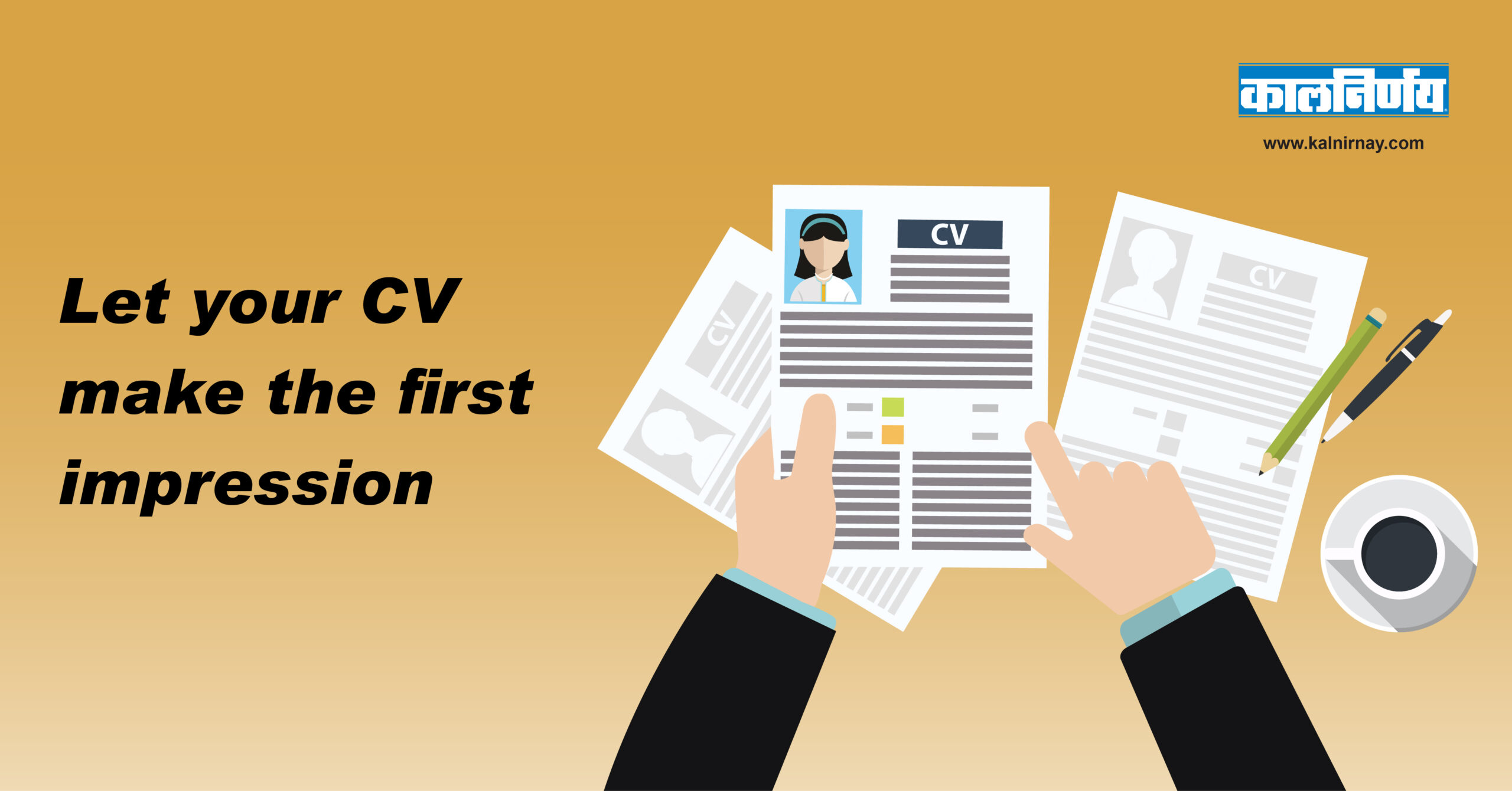Your Curriculum Vitae (CV) is the first step you will take towards your dream school, dream internship or even your dream job. Writing it well is extremely important to make sure that the reader gets a quick overview of your achievements and goals. A successful CV is the one that provides a holistic view of your qualifications, skills, and experience. Although your credentials and experience remain the same, tailoring your skills to match the job, internship or educational course you’re looking to join is important. Sounds a bit daunting? It really isn’t. We’ll take you through the steps of writing a good CV.
Step 1: Name & contact information
Your name and contact information should be at the top of the page. Your residential address, your email and your telephone number are all that is needed here.
Step 2: Educational Qualifications
If you’re applying to a university, obviously you’ll have to start with your school information. For professionals, your graduate and post-graduate degree, any special professional courses should come under this header. Be sure to mention the course name, followed by the discipline and the name of the institution. Make sure to write the year you graduated as well. For e.g. Bachelor of Arts, Economics, University of Mumbai (2015). You might want to include a line or two about the course, subjects and the skills it helped enhance.
Step 3: Professional Experience
Follow the same format as educational qualifications. If you are just starting out, you might want to include any work experience garnered in your college activities. For e.g., working on a committee of your college festival, experience serving on the student body, special clubs etc, but once you’ve gathered some experience, and have identified a career goal, remember to edit out things that seem irrelevant.
For e.g., you have worked for 2 years as a research assistant and then for a year as a writer, then your 2-month internship with a financial services company might no longer be as relevant.
Step 4: Special projects
What you do outside of work is an important part of your personality. This section highlights who you are so sure to be selective with what you include here. Include your sports achievements, awards, professional training in any art or any successful project undertaken in this section.
For e.g: Organising a beach cleaning drive, playing for a local cricket league, running your own recipe blog or professional training in Indian classical music.
Remember this when you write your CV:
- Use the right vocabulary, correct grammar.
- Format the document properly. Highlight the most important information by underlining or making the font bold. Use a professional font.
- Your CV should never be longer than one A4 size page, two pages only if you have extensive experience. Edit. Edit. Edit.
- Never lie or exaggerate about your qualifications or roles.
- Include two references as many companies would want to call former teachers/ employers to verify or know more about your CV.
Giving a successful interview:
If your CV has done its job well, you will get called in for an interview. This is an opportunity for you to showcase yourself before future employers/ professors.
Before you go for the interview:
- Do your homework. Study the company, the business and keep yourself updated with the latest information and news regarding the industry.
- Carry a few copies of your resume, just in case.
- Carry your credentials and original certificates in a neat folder.
- Check with the company what documents they may require, in advance.
- Make sure you wear formal clothes and shoes. Dress for the job/course you want to get into.
- Do your research about salaries and make sure you have a realistically expected salary.
At the interview:
- Reach the venue at least 10-15 minutes before time. Most offices are in building complexes that require lengthy security checks. So have filler time for those.
- Greet the interviewer with a firm handshake and a smile when you walk in.
- Introduce yourself in a couple of sentences, stating facts relevant to the interview. List your qualifications and aims but be concise as they can read it in your resume.
- Maintain eye contact when you speak to the interviewer.
- Be honest. If you don’t know something, admit it.
- Speak in concise sentences and stick to the point.
After the interview:
- Follow up is equally important. Once you’re done with the interview, politely ask when you’ll hear back from them. If you don’t hear back by then, send a gentle reminder in the form of an email or SMS.
- If you hear from the employer and they have offered you a job, thank them. You might have to negotiate your salary. Make sure to be polite and assertive when asking for a certain number.
- It is also advisable to discuss the formalities like signing the offer letter, contract, and any other paperwork. If you’ve been offered the job and you no longer intend to join, let them know this politely and promptly. Thank them for their time.
- If you do not get the job, ask them if they would be kind enough to take some time to give you feedback about your performance. Take the failure in your stride and start over.

